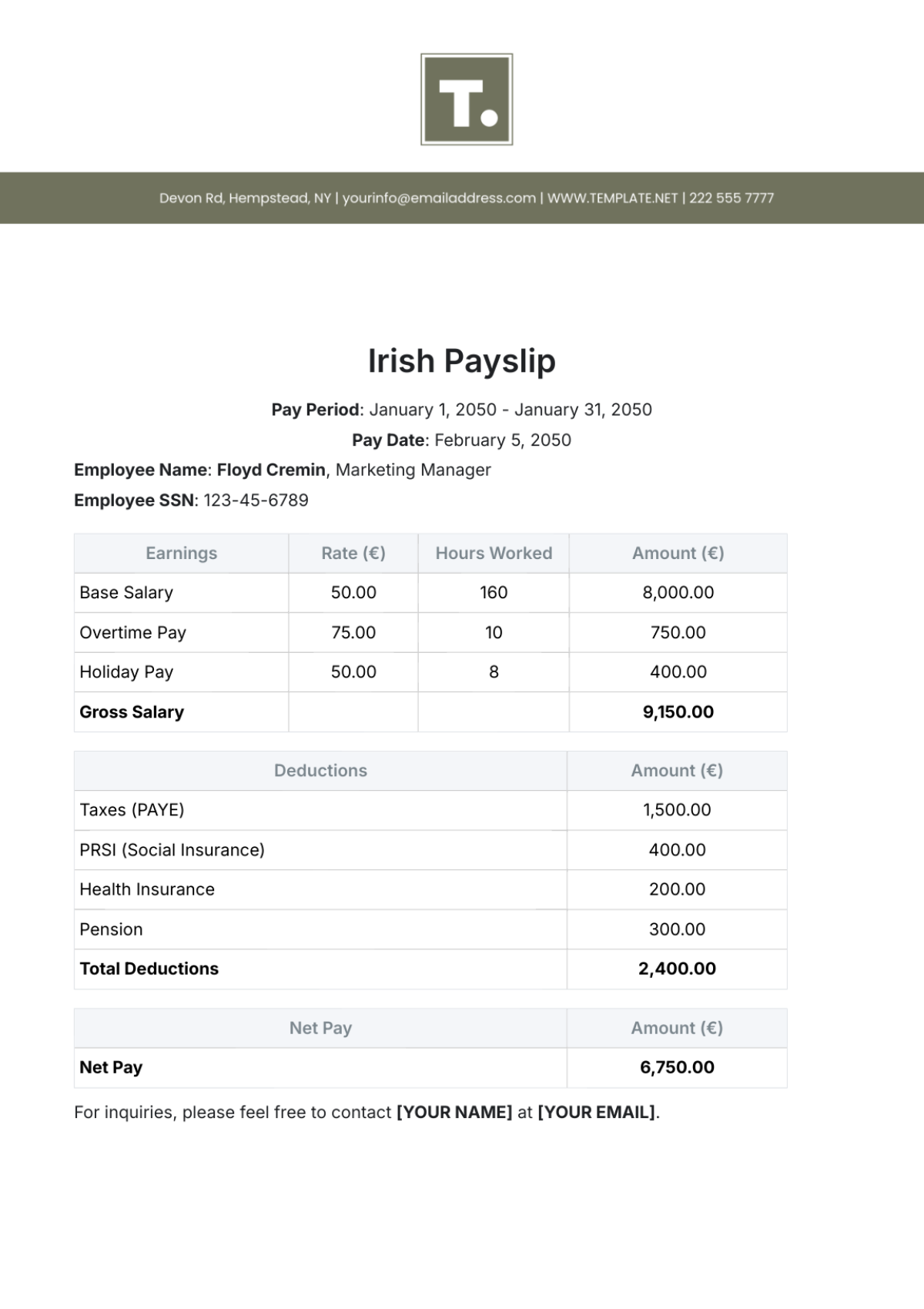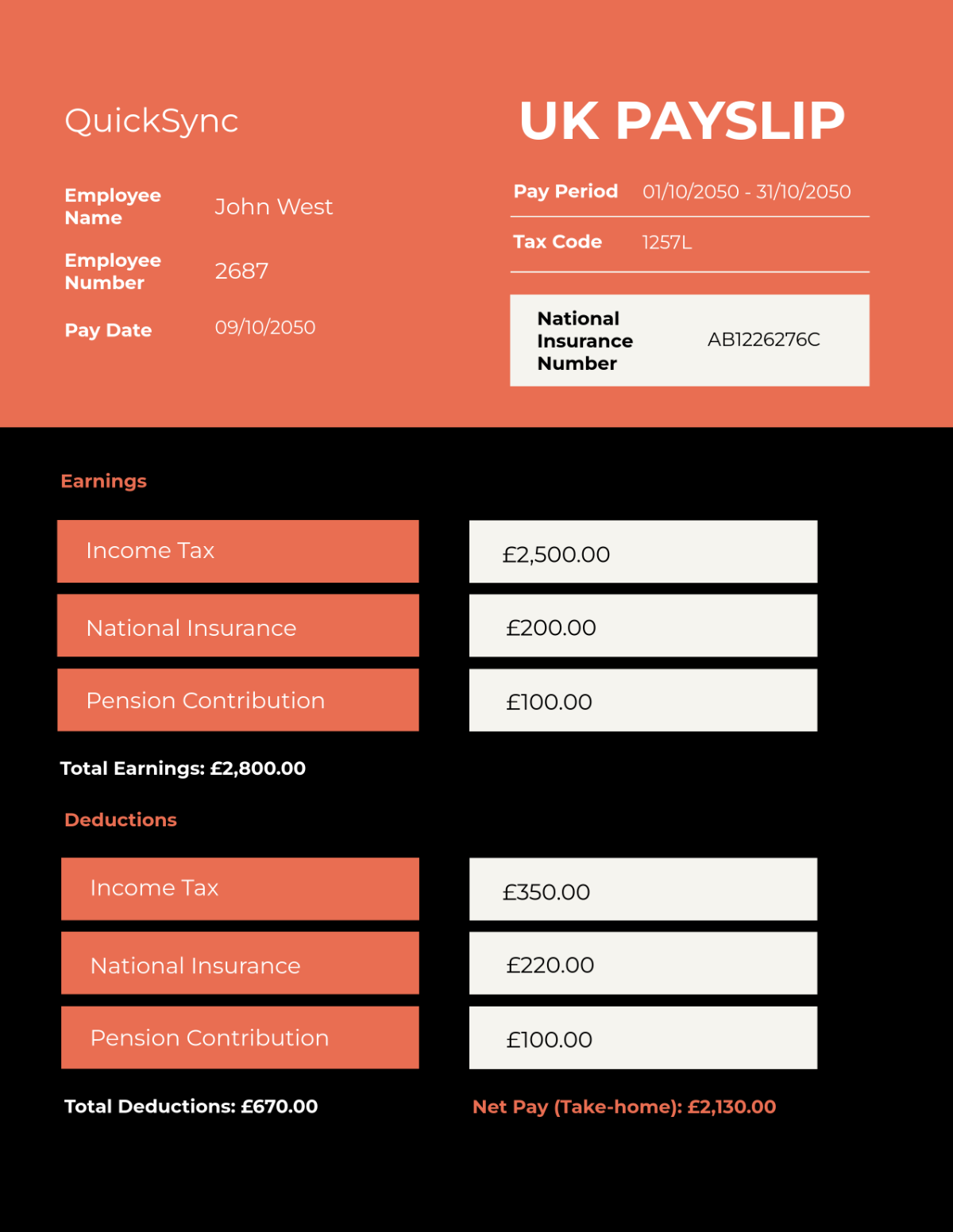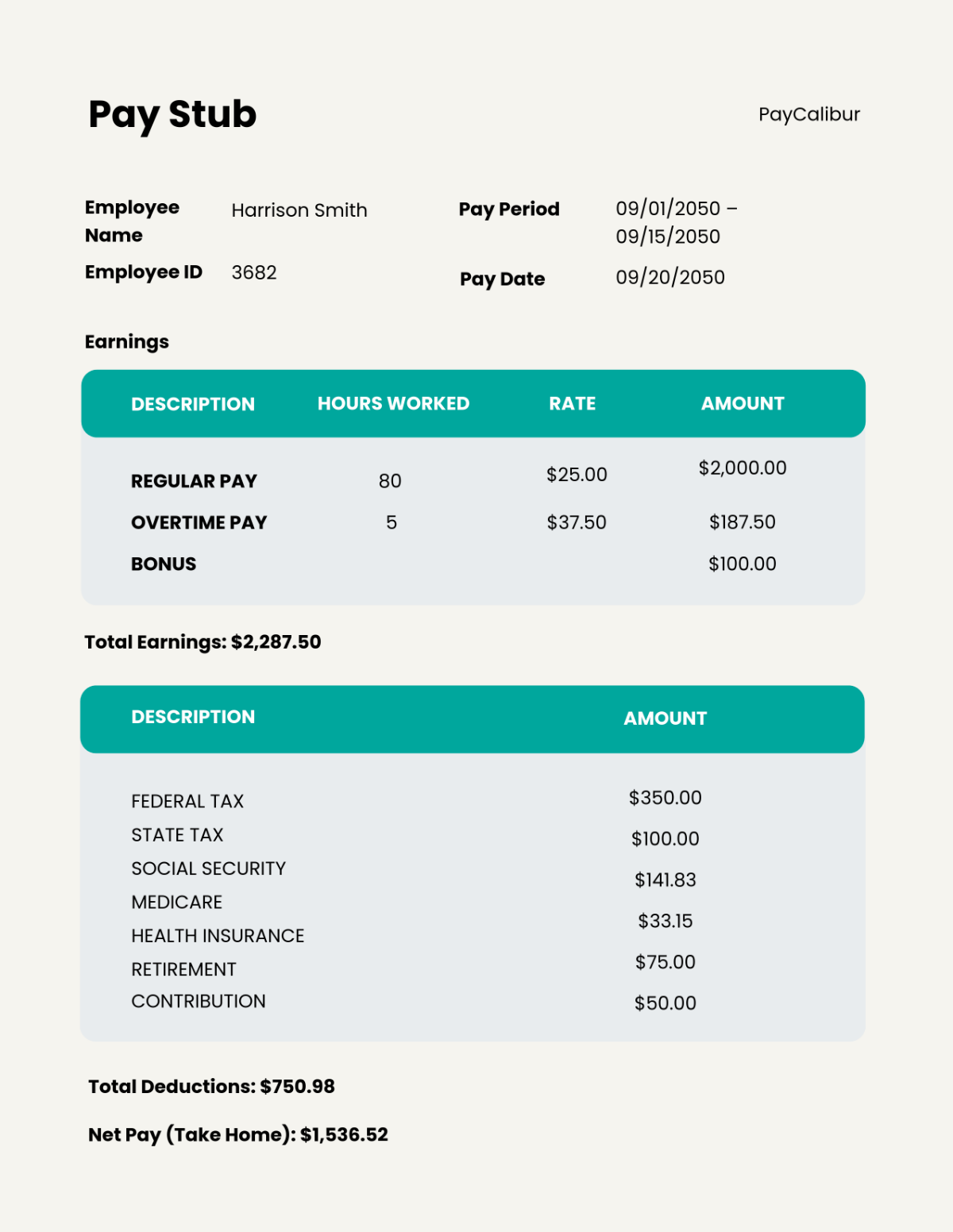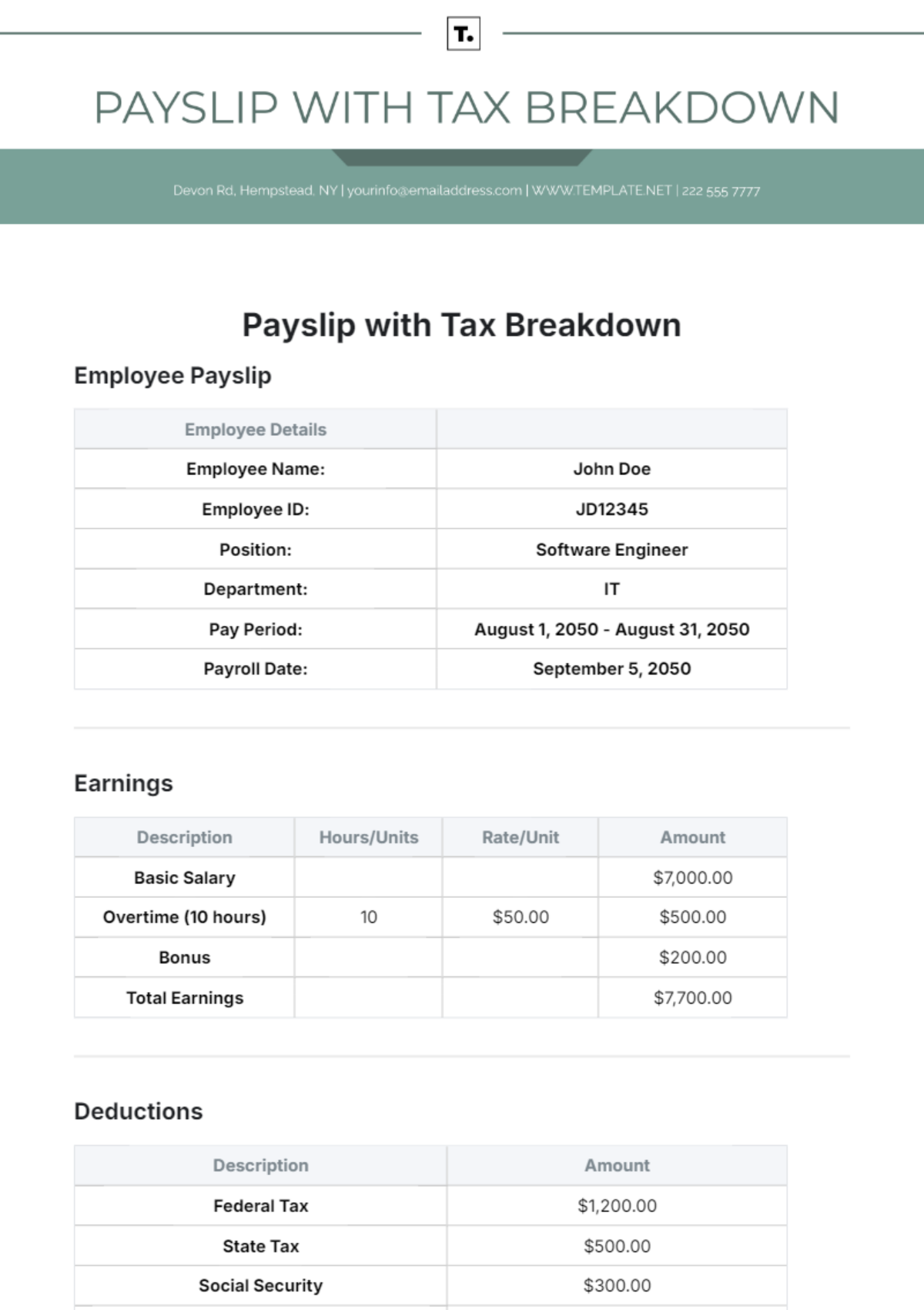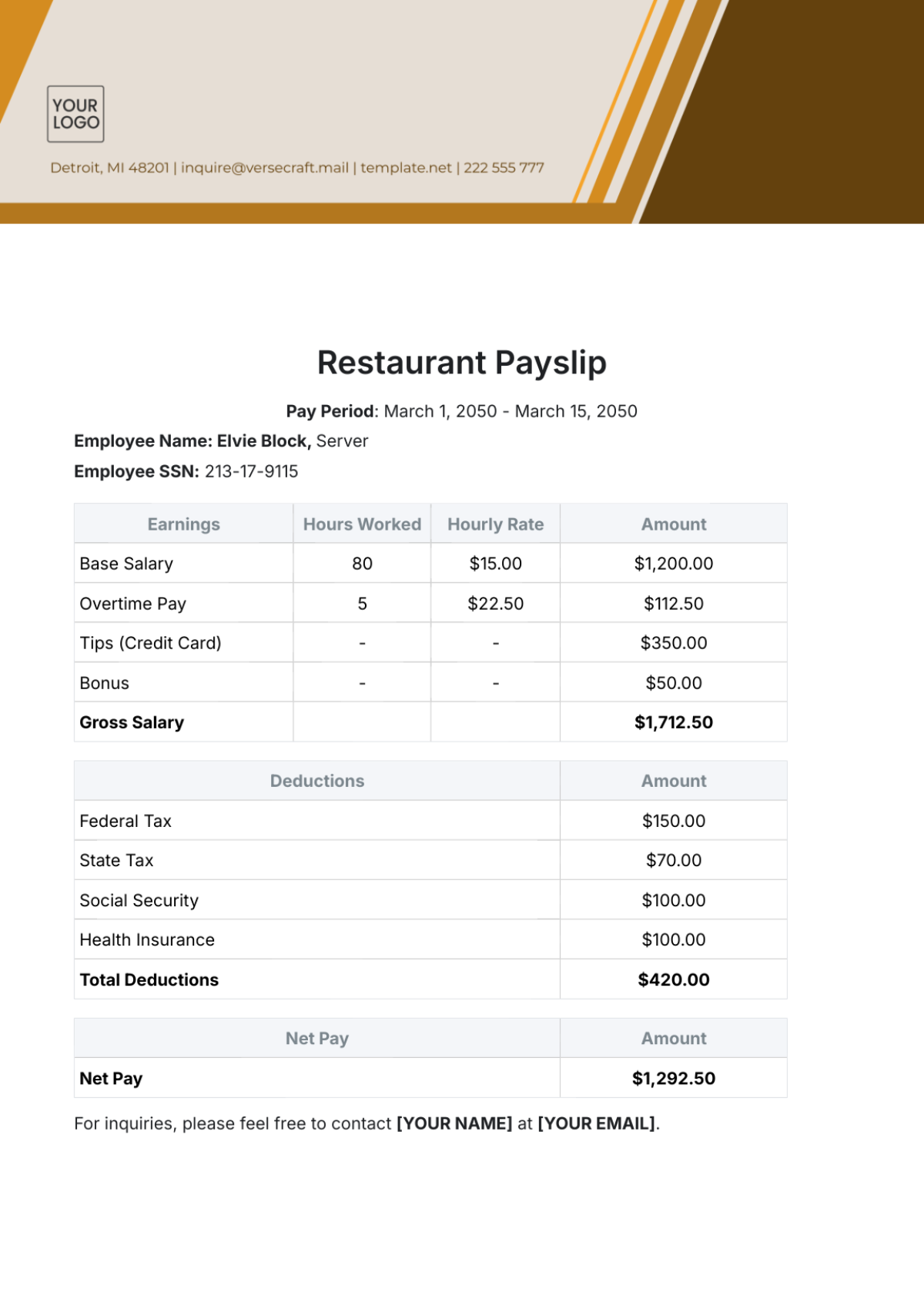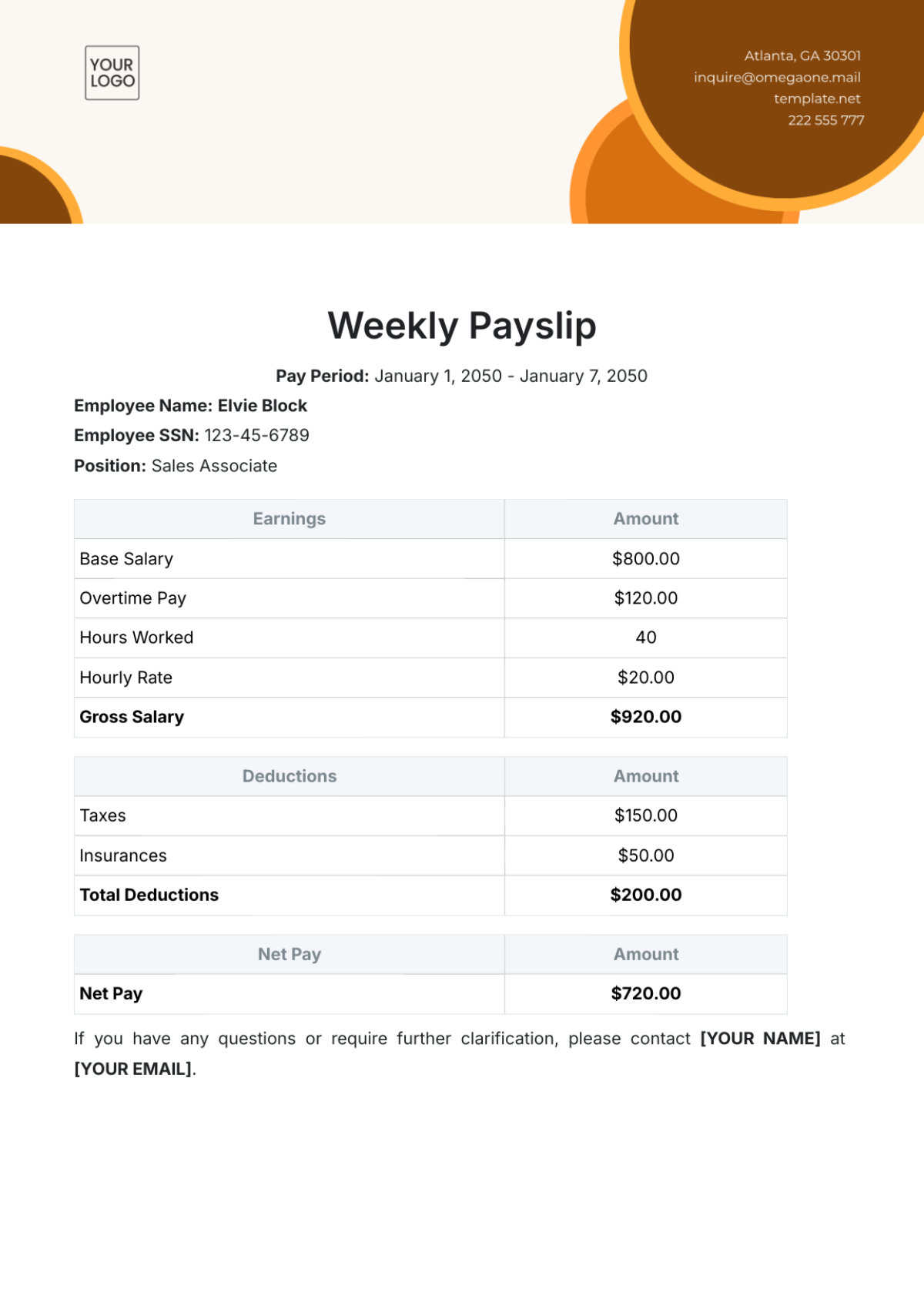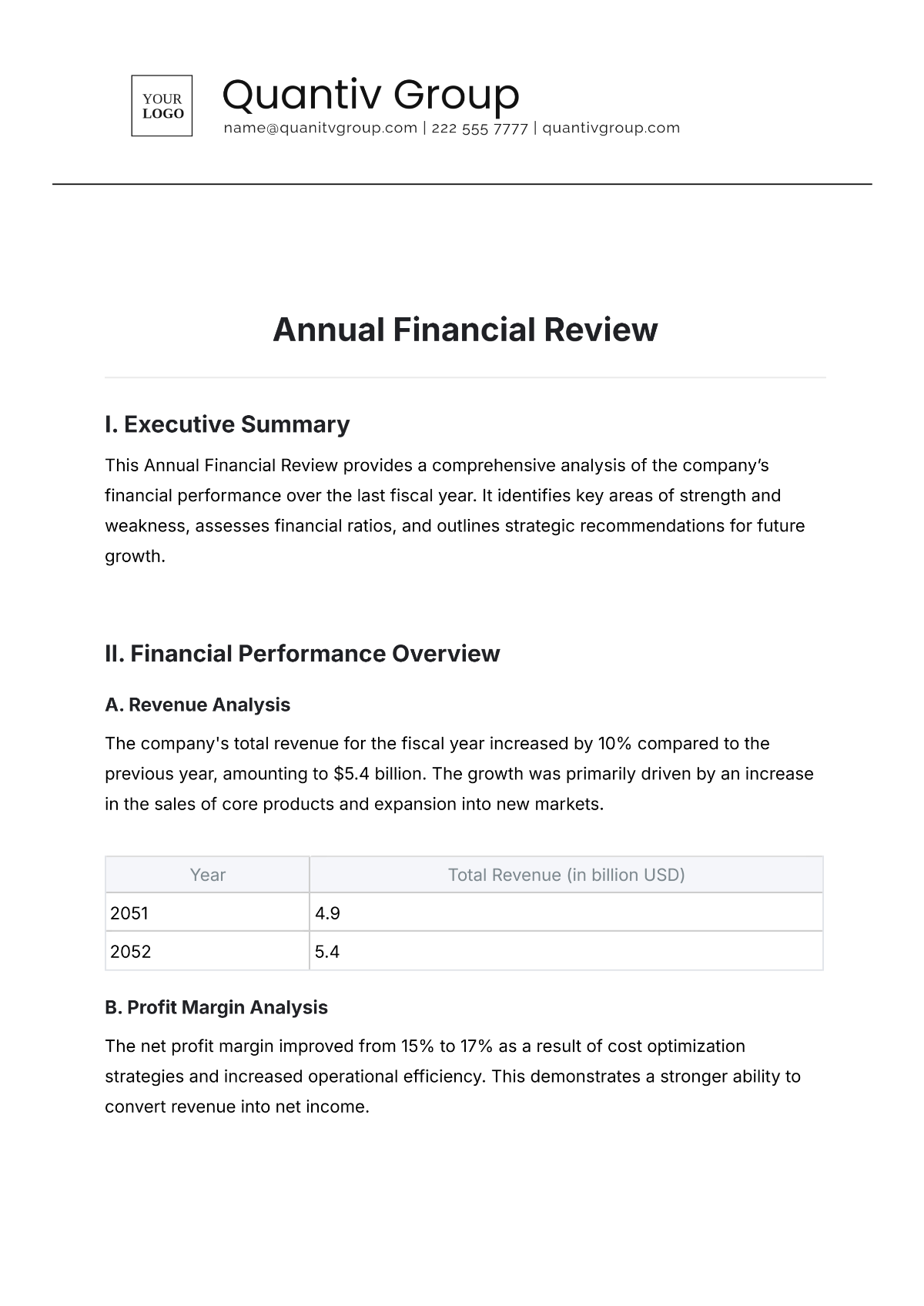Observational Study for Financial Analysts
Prepared By: [Your Name]
I. Introduction
The global financial market has grown significantly in complexity, requiring skilled professionals to interpret and navigate its intricacies. Financial analysts serve as the backbone of the financial world, analyzing trends, making forecasts, and providing recommendations that guide investment decisions. This study aims to offer an observational insight into the role of financial analysts by exploring their daily activities, skills, challenges, and contributions to the broader financial ecosystem.
This observational study is based on real-world practices in financial institutions, interviews with professionals, and secondary research. The scope includes analysts working in investment banks, hedge funds, equity research firms, and corporate finance divisions.
II. The Role of Financial Analysts
Definition and Core Responsibilities
Financial analysts are professionals who evaluate financial data and trends to help businesses, investors, and organizations make informed decisions. Their responsibilities typically include:
Analyzing financial statements and balance sheets
Tracking economic and market trends
Performing risk assessments
Creating financial models to predict future performance
Offering buy, hold, or sell recommendations for stocks or other assets
Writing reports to summarize their findings and share insights with stakeholders
Their ultimate goal is to ensure sound financial decision-making, which can range from identifying profitable investments to advising on budget allocations or M&A activity.
Types of Financial Analysts
There are several key types of financial analysts, each serving specific industries and stakeholders:
1. Buy-Side Analysts
Buy-side analysts work for entities that buy assets, such as hedge funds, mutual funds, pension funds, and insurance companies. Their primary role is to develop strategies for asset managers to make decisions about purchasing investments.
Key Responsibilities:
Research and assess investment opportunities
Monitor portfolio performance
Develop long-term investment strategies
2. Sell-Side Analysts
Sell-side analysts work for brokerages or firms that sell stocks, bonds, and other securities. They provide recommendations for clients to either buy or sell securities based on extensive market research.
Key Responsibilities:
Conduct equity research on public companies
Generate reports with recommendations on stock movements
Provide financial forecasts and price targets
3. Corporate Analysts
Corporate analysts are employed by companies to help them manage their financial affairs. They focus on internal metrics, forecasting, and strategy.
Key Responsibilities:
Conduct financial forecasting and budgeting
Perform risk assessments on business ventures
Monitor internal financial performance metrics
Skills Required for Financial Analysts
1. Analytical Skills
The ability to interpret data and trends is crucial. Financial analysts must be adept at spotting patterns, analyzing complex information, and drawing actionable conclusions.
2. Attention to Detail
A minor error in analysis can lead to substantial losses or misdirected strategy. Analysts need a meticulous approach to ensure that their evaluations are accurate.
3. Communication
Financial analysts must communicate complex ideas in a clear and accessible manner to various stakeholders, including clients, senior management, and other departments. This includes both written reports and verbal presentations.
4. Technical Skills
Proficiency in financial software such as Bloomberg, Excel, and various accounting and valuation tools is essential. Financial modeling is a key technical skill, requiring a solid understanding of accounting principles and macroeconomic factors.
Key Skills for Financial Analysts | Explanation |
|---|---|
Analytical Thinking | Ability to process complex data and derive actionable insights. |
Attention to Detail | Ensuring accuracy in financial models, reports, and recommendations. |
Communication | Presenting findings clearly to stakeholders in written and verbal form. |
Technical Expertise | Proficiency in financial modeling, accounting software, and tools. |
Qualifications and Certifications
Financial analysts often have strong educational backgrounds and obtain additional certifications to further their careers.
1. Educational Background
Most financial analysts hold at least a bachelor's degree in finance, economics, business, or a related field. A master’s degree in finance or an MBA can further enhance their knowledge and career prospects.
2. Certifications
Several certifications are highly valued in the industry:
CFA (Chartered Financial Analyst): Considered the gold standard, the CFA designation involves passing a rigorous series of exams that cover ethics, portfolio management, and financial analysis.
CPA (Certified Public Accountant): Often pursued by corporate financial analysts, this certification focuses on accounting and financial reporting.
FRM (Financial Risk Manager): For those who focus on risk analysis and management, this certification provides expertise in risk control and mitigation.
III. Daily Activities of Financial Analysts
Morning Routine: Gathering Market Intelligence
Financial analysts typically start their day by reviewing the latest financial news and market data. They analyze:
Stock movements
Earnings reports
Global economic events
Industry-specific news
Tools Used:
Bloomberg Terminal
Reuters
Financial news outlets (e.g., CNBC, The Wall Street Journal)
Midday: Analyzing Data and Creating Models
During the middle of the day, analysts focus on data analysis and creating financial models. This may include:
Building discounted cash flow (DCF) models
Running scenario analysis
Using ratio analysis to evaluate financial health
Conducting comparative valuation between companies
Key Financial Models | Description |
|---|---|
Discounted Cash Flow (DCF) | Forecasts the future cash flows of a company and discounts them to present value. |
Comparative Valuation | Compare the financial ratios of a company to those of similar firms to evaluate its value. |
Scenario Analysis | Evaluates potential outcomes under different financial or economic scenarios. |
Afternoon: Meetings and Presentations
The afternoon is often dedicated to meetings with clients, internal teams, or management. Financial analysts present their findings, recommend strategies, and discuss potential risks. These meetings are critical for decision-making.
Presentation skills are key, as analysts must communicate technical data clearly, especially to stakeholders who may not have a finance background.
Evening: Report Writing and Reflection
At the end of the day, financial analysts typically write detailed reports summarizing their analyses and recommendations. These reports are shared with clients, management, or other departments.
Types of Reports:
Equity Research Reports
Market Forecasts
Risk Analysis Reports
IV. Challenges Faced by Financial Analysts
1. Data Overload
Financial markets generate vast amounts of data daily. Distinguishing between relevant and irrelevant information is a significant challenge.
2. Economic Uncertainty
External events like geopolitical tensions, pandemics, and regulatory changes can disrupt markets. Analysts need to account for these unpredictable elements in their models.
3. Pressure to Perform
Financial analysts are often under pressure to meet tight deadlines and provide accurate forecasts, as their work directly impacts investment decisions.
4. Ethical Dilemmas
Financial analysts must navigate ethical challenges, such as maintaining objectivity in the face of conflicts of interest. For instance, a sell-side analyst may face pressure to present overly optimistic views to appease clients.
V. Impact on Financial Markets
Financial analysts play a critical role in shaping financial markets through their recommendations. Investors rely on their insights to make investment decisions, leading to direct market impact when they issue buy or sell recommendations.
Influence of Financial Analysts on Stock Prices
1. Buy Recommendations
A strong buy recommendation from a reputable analyst can lead to an immediate spike in a company’s stock price as investors follow suit.
2. Sell Recommendations
Conversely, a sell recommendation can trigger a sell-off, driving down the stock price.
3. Market Sentiment
Analysts also shape broader market sentiment. For instance, a bullish or bearish view of a particular sector can lead to industry-wide stock movements.
VI. Conclusion
Financial analysts are pivotal to the functioning of the financial system, providing crucial insights into company performance, industry trends, and economic conditions. Their work supports investment decisions, risk management, and corporate strategy. While the profession offers lucrative rewards, it also comes with high levels of pressure and responsibility.
By understanding the role and daily activities of financial analysts, investors, and businesses can better appreciate the depth of analysis behind financial recommendations. This study illustrates that successful financial analysts must combine analytical rigor with strong communication skills and ethical integrity to navigate the complex, fast-paced world of finance effectively.


















